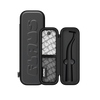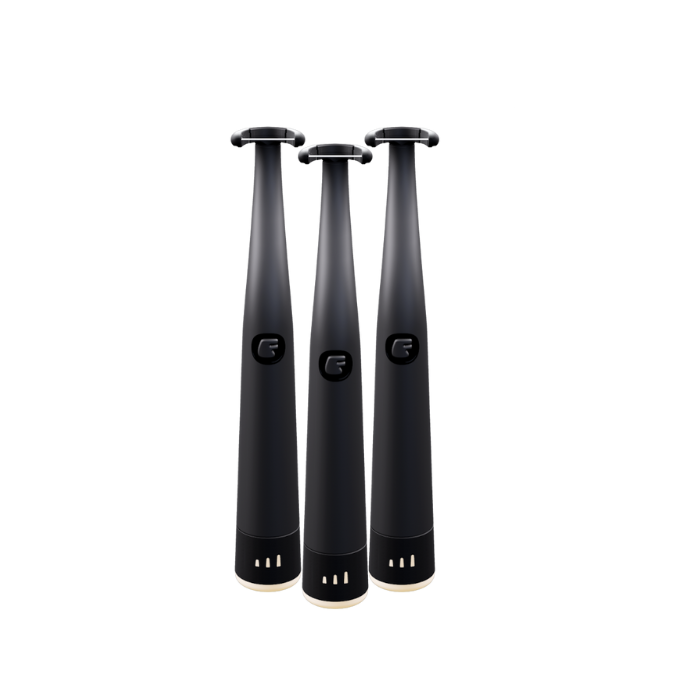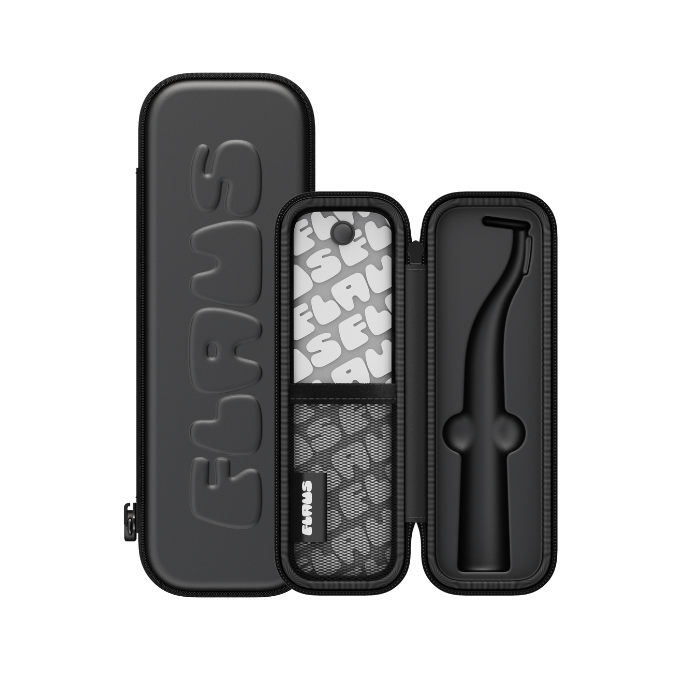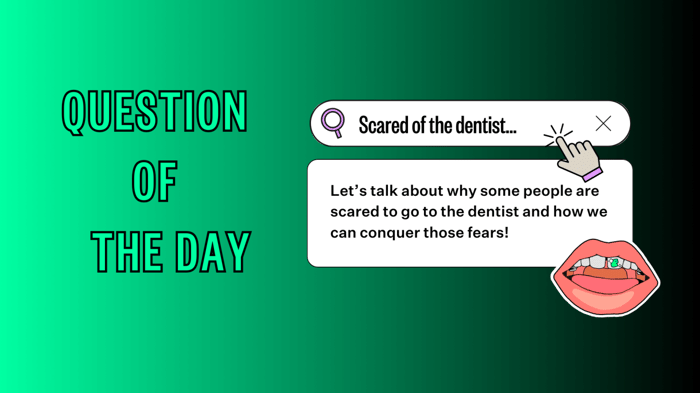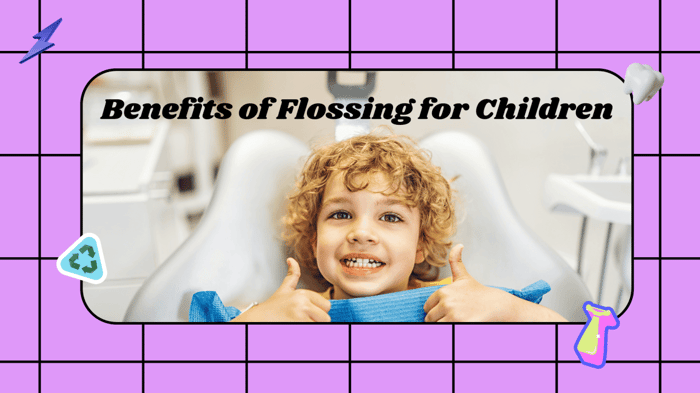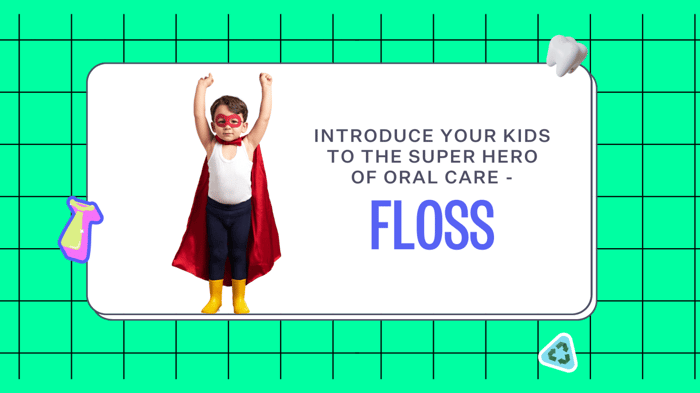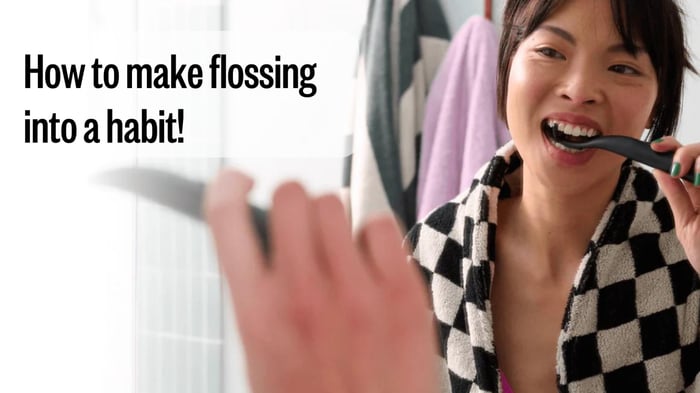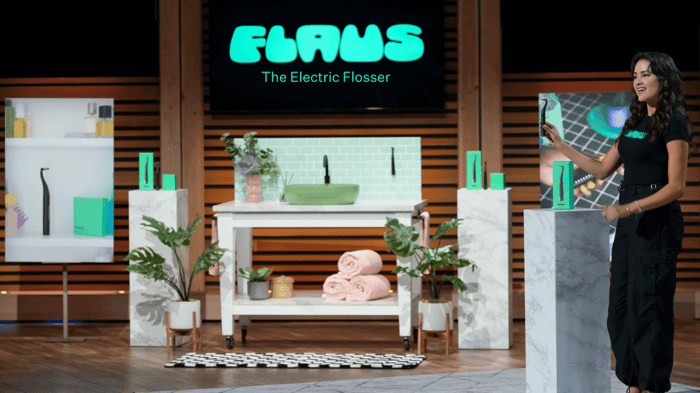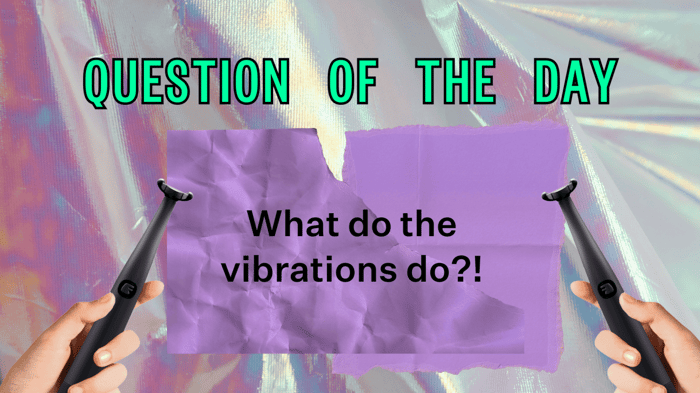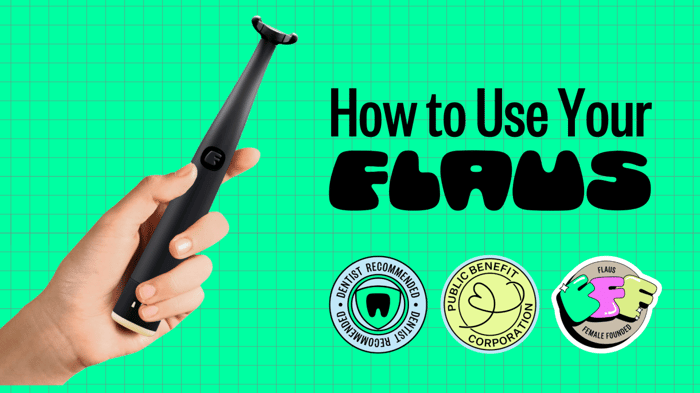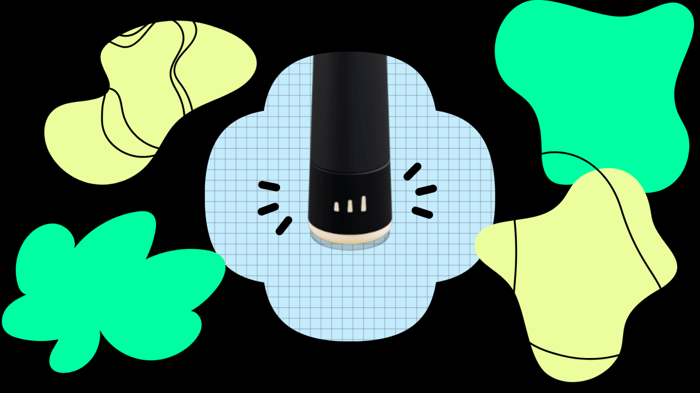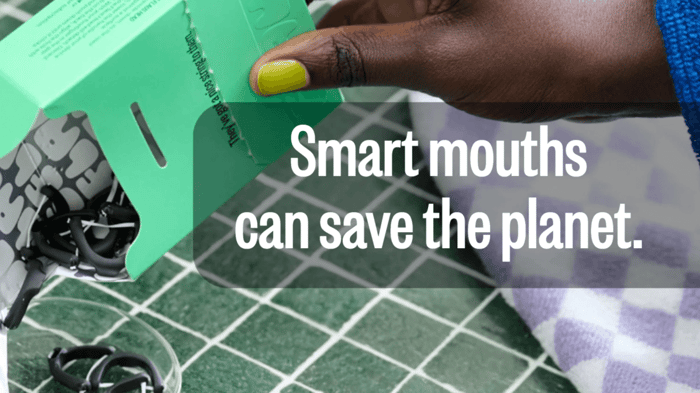Conquering Dental Anxiety
Does the mere mention of the word "dentist" make you break out in a cold sweat? Do you reschedule your dental visit because you're afraid of sitting in that dental chair and having your teeth cleaned - or worse yet - finding out you have an underlying issue with your teeth? If your answer is "yes," then you've landed on the right blog post! Today, we're tackling dental anxiety and chatting about why we have it, how we got it, and how to control it so you can see the dentist regularly and keep your pearly whites in great shape!
Understanding Dental Anxiety: The Tooth, the Whole Tooth, and Nothing but the Tooth
Before we dive into the nitty-gritty of overcoming dental anxiety, let’s first chew over why so many people feel like a deer in the headlights when it’s time for their dental check-up.
Dental anxiety, or dental phobia, is a common issue that affects a large chunk of the population. It can stem from various sources:
- Past Experiences: A bad experience in the dental chair as a kid can leave lasting impressions—like that piece of spinach that won’t leave your teeth.
- Fear of Pain: Dental procedures sometimes hurt, and the anticipation of pain can be worse than the pain itself. It’s like fearing the boogeyman under your bed.
- Loss of Control: Reclining in a chair with someone poking around your mouth can feel like you’re in a horror movie. Trust issues much?
- Embarrassment: Worrying about being judged for your oral hygiene habits can make you want to sink into the ground. “Oh no, did I floss enough?!”
But don’t worry, you’re not alone, and more importantly, you’re not without options.
Tips on How to Cope with Dental Anxiety:
Now that we’ve identified some of the culprits behind dental anxiety, it’s time to drill down into some strategies to cope with these fears. Buckle up; we’re about to take the scary out of your dental vocabulary.
1. Communication is Key
Tell your dentist about your anxiety. No, seriously. Dentists are not mind readers, and they don't know that you're feeling uneasy By discussing your fears, your dentist can tailor the experience to help you feel more comfortable.
2. Bring a Buddy
Like Batman has Robin, you can bring along a sidekick. Having a friend or family member with you can provide comfort and distraction. Plus, they can hold your hand (literally or metaphorically) through the process.
3. Use Distraction Techniques
Pop in some headphones and listen to your favorite tunes or a gripping audiobook. This can help drown out the unsettling sounds of dental tools. Just make sure you’re not grooving too hard in the chair!
4. Relaxation Techniques
Practice deep breathing exercises or visualization. Picture yourself on a beach, sipping a smoothie, and not in a dental office. Some practices even offer sedation options—like nitrous oxide, aka laughing gas—that can help take the edge off.
5. Visit Regularly
It might sound counterintuitive, but regular visits can actually reduce anxiety over time. When you become familiar with the process and establish a routine, it becomes less intimidating. Plus, regular visits mean smaller, less invasive procedures.
6. Choose the Right Dentist
Find a dentist who understands dental anxiety and is willing to take the time to make you comfortable. Reading reviews and asking for recommendations can help you find the perfect fit.
Keeping Your Teeth Healthy Between Visits: Be the Floss Boss
How do you keep your pearly whites in tip-top shape between visits to reduce anxiety next time? Let’s chew over some dental care tips that’ll make your next visit a breeze.
1. Brush Like a Pro
Brush your teeth at least twice a day for two minutes. We like to use a fluoride toothpaste and a soft-bristled brush. Make it fun by humming a song, or get a brush with a built-in timer. Remember, don’t brush too hard—your gums are not a gym floor that needs scrubbing.
2. Floss Like a Boss
Flossing is like the unsung hero of dental hygiene. It gets into the nooks and crannies that your toothbrush can’t reach. Floss once a day to remove plaque and food particles. We know that flossing sometimes isn't the 'most fun' part of your oral care routine, which is why we created Flaus!

Electric flossers are a great way to maintain good oral hygiene, and Flaus is a good option for those looking for an easier way to floss and make flossing into a habit! Here are some reasons why using an electric flosser is a great alternative to traditional flossing:
- Easy Reach: They can reach tight spaces and molars easily due to the ergonomic handle
- Easy to use: Electric flossers are easy to use and require less manual dexterity than traditional flossing
- Comfortable: They can also be less messy and more comfortable to use than string floss, as you don't have to put your fingers in your mouth
- Encourages good habits: Many people find electric flossers more enjoyable to use than traditional floss, which can encourage them to floss more regularly
- Eco-friendly: Flaus is the world's first eco-friendly electric flosser, which can reduce waste and help protect the environment. Flaus uses 90% less floss than traditional flossing and offers a Flaus head recycling program to ensure that the floss heads are properly recycled at a dedicated oral care recycling facility.
Some of the features that Flaus has include:
- Sonic vibrations: At 18,000 sonic vibrations/min, Flaus moves quickly and easily between tight teeth to massage gums and remove plaque and debris from tight spaces your toothbrush can’t reach.
- Ergonomic Soft Touch Handle: With a design that feels as familiar as your favorite electric toothbrush, Flaus′ premium, ergonomic soft-touch handle gives you full control over hard-to-reach places while keeping your fingers (and the 10 million bacteria that live on them) out of your mouth.
- Waterproof: Whether you are flossing on the go or multi-tasking in the shower, Flaus is waterproof and has you covered.
- High Performing Floss Heads: Floss heads are fitted with high performing glide floss strong enough for the tightest of teeth, made with recyclable plastic and use 30% less plastic than traditional floss picks. You can also recycle your Flaus heads through a Floss Head recycling program where the floss heads are sent to be recycled in a dedicated oral care recycling facility.
- Two Month Battery Life: The rechargeable flosser has a two month battery life and comes with a charging base and USB cable to boot.
- Dentist Designed and Recommended: Flaus was designed with dental experts from day one to ensure the very best clean.
Overall, electric flossers, like Flaus, can be a great way to maintain good oral hygiene and encourage good habits. They are effective, easy to use, and eco-friendly, making them a good option for those looking for an alternative to traditional flossing.
Establishing an oral care routine can go a long way in helping you feel confident and less afraid when going to the dentist.
3. Watch Your Diet
Your diet plays a huge role in oral health. Avoid sugary snacks and drinks that can lead to cavities. Crunchy fruits and veggies like apples and carrots can actually help clean your teeth. Think of them as nature’s toothbrushes.
4. Stay Hydrated
Water isn’t just good for your overall health; it’s great for your teeth too. It helps wash away food particles and keeps your mouth hydrated. A dry mouth can lead to bad breath and other dental issues. So drink up!
Smile, It’s Contagious!
Dealing with dental anxiety doesn’t have to be a nightmare. By understanding the root causes of your fear and implementing these coping strategies, you can make your dental visits as smooth as a freshly polished tooth. And remember, maintaining good oral hygiene at home will not only keep your smile bright but also make those dental check-ups less daunting.



